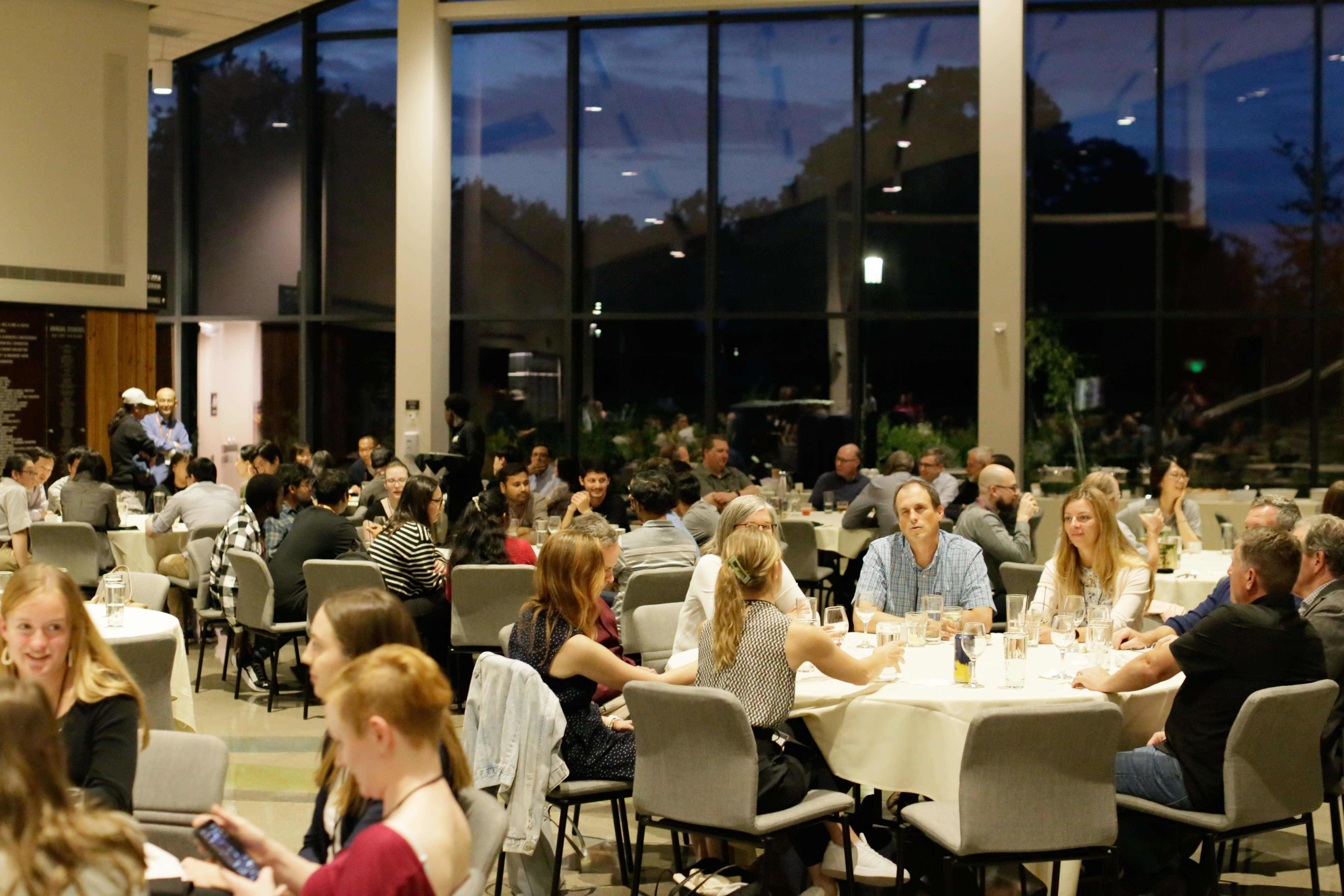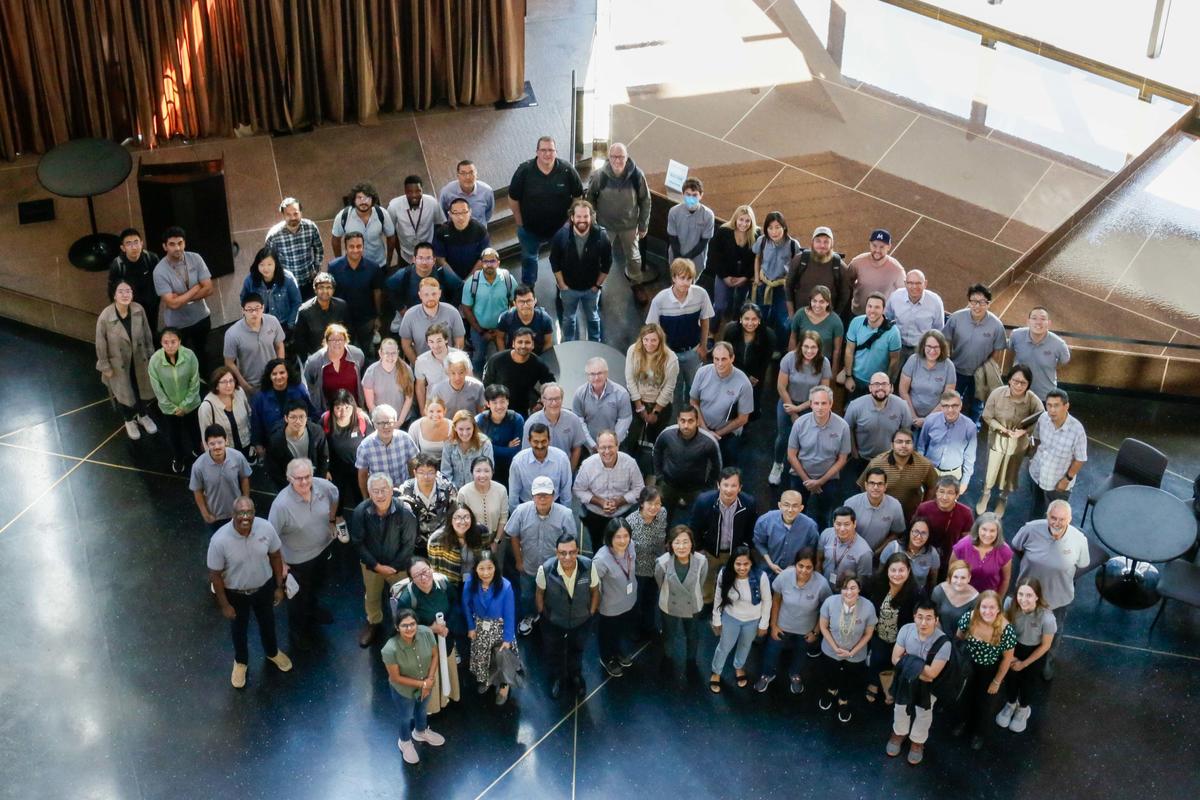
By Anya Normandeau
More than 100 scientists from 16 institutions in the US, Italy, and Singapore attended the Midwest Antiviral Drug Discovery (AViDD) Center’s third biannual workshop at the McNamara Alumni Center on the University of Minnesota campus in Minneapolis, Minnesota, on September 19th and 20th.
The workshop kicked off with a welcome video from Minnesota Senator Amy Klobuchar, who has been a stalwart in securing funding for the National Institute of Health and the National Institute for Allergy and Infectious Diseases. The Senator made her commitment toward pandemic preparedness known and spoke of federal budget items to strengthen America’s defense against viruses of pandemic potential. She also celebrated the deeply collaborative ethos of the Midwest AViDD Center.
“Everyone has a new appreciation for the devastation that a pandemic virus can cause, and we are grateful to have representatives who understand the urgency of our research,” said Midwest AViDD Center Co-Director Dr. Reuben Harris. “Without the support of our elected representatives fighting for funding for the National Institute of Health, we would not be able to prepare to meet the viral threats of our time nor in the future.”
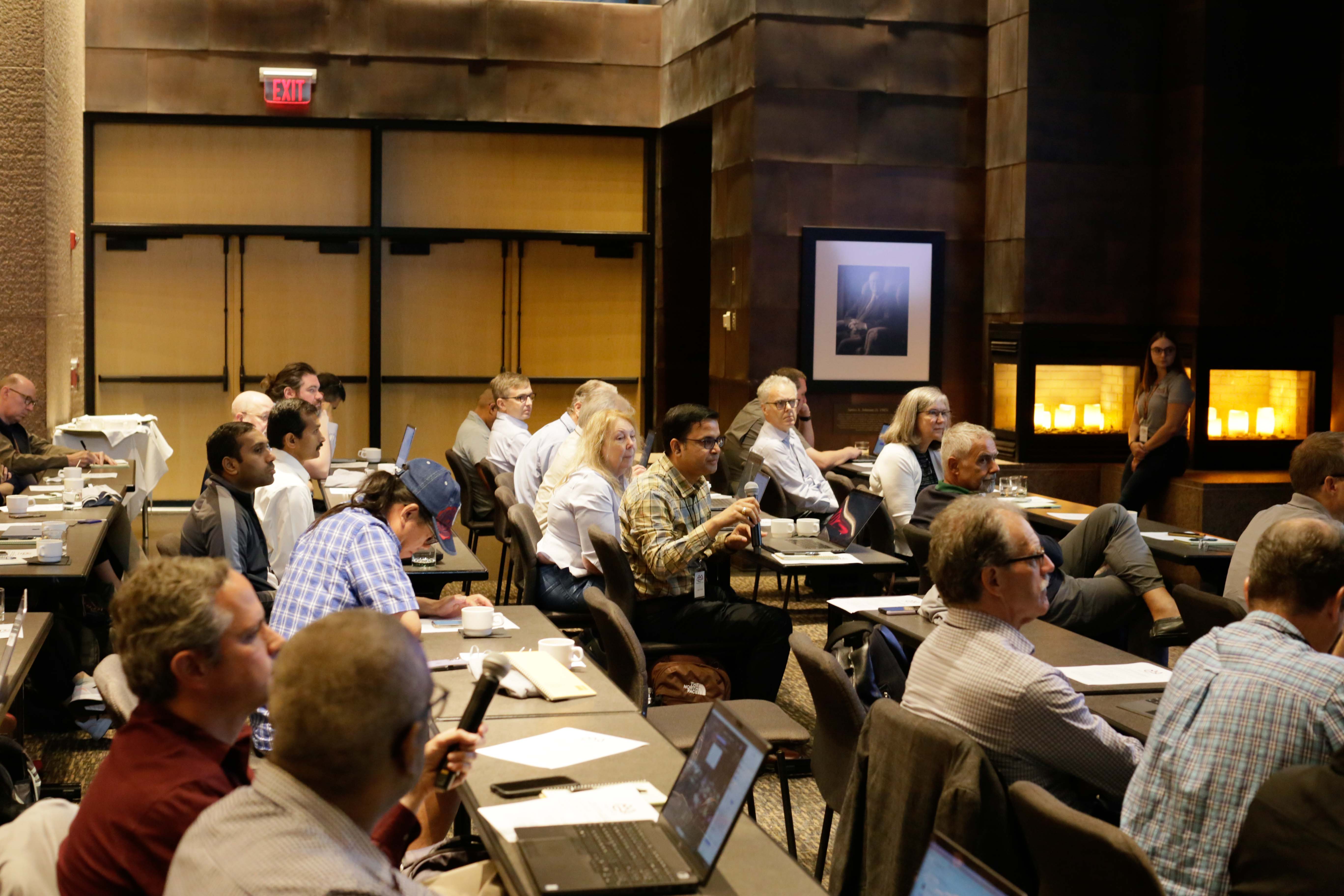
Led by Co-Directors Dr. Reuben Harris, a professor and Chair of Biochemistry and Structural Biology at the University of Texas Health Science Center at San Antonio and an investigator of the Howard Hughes Medical Institute, and Dr. Fang Li, a professor and Endowed Chair in the Department of Pharmacology and the Director of the Center for Coronavirus Research (CCR) at the University of Minnesota Medical School, the workshop exhibited many updates on drug development in each five cores and projects. This included small molecule entry inhibitors, protease inhibitors, helicase inhibitors, and nuclease inhibitors against SARS-CoV-2, Zika, Ebola and the Lassa fever virus.
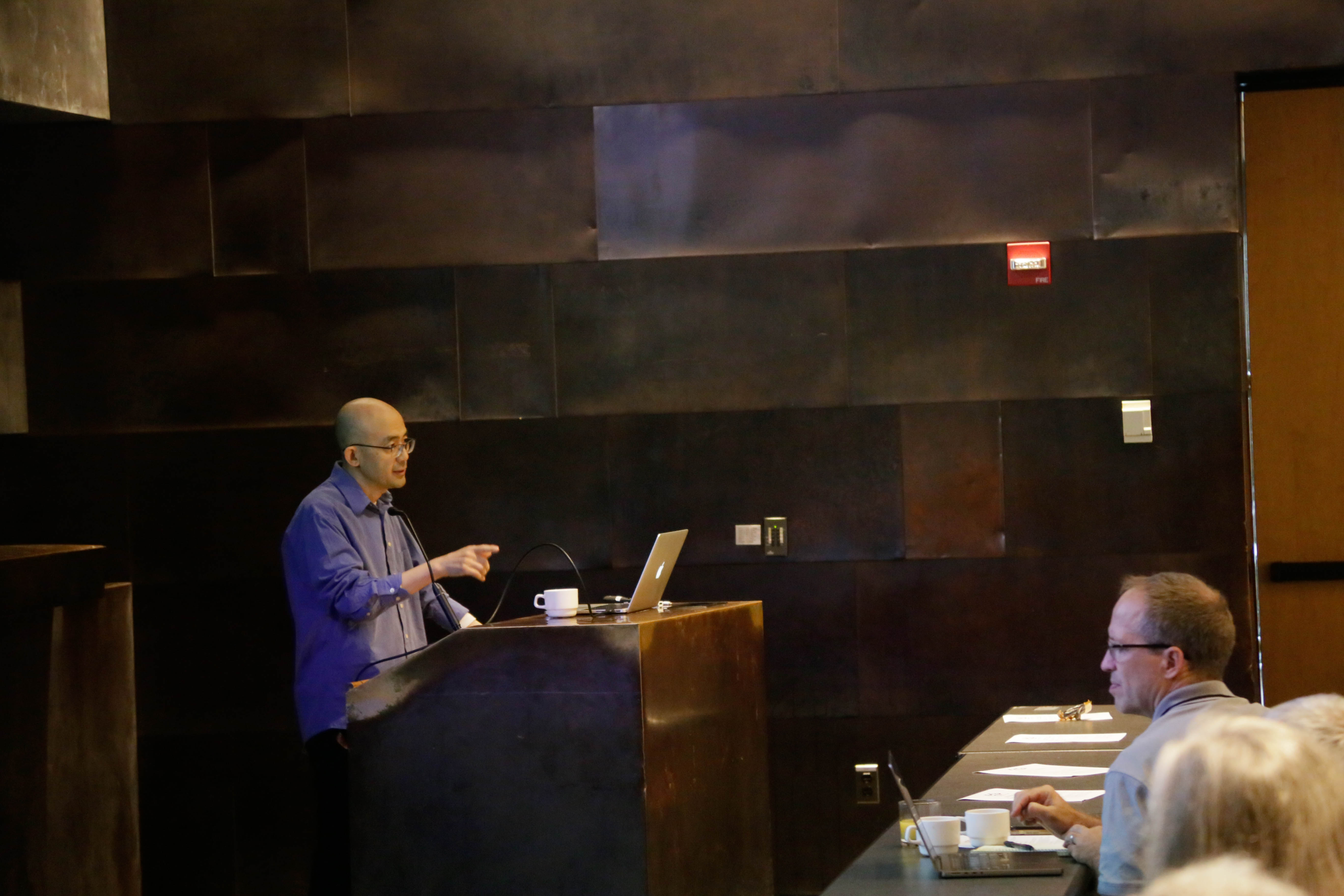
Co-Director Dr. Fang Li, who recently received the American Society of Microbiology’s Elizabeth O. King Lecturer Award for his crucial work on SARS-CoV-2, presented his team’s cutting-edge work on nanobody therapies. Dr. Chalet Tan (University of Tennessee) showed imaging results of how Li’s Nanosota nanobodies operate in the lung tissue of animal models.
“Because of the collaborative approach of the Midwest AViDD Center, the speed at which our work is progressing is inspiring and upholds our mission as researchers committed to creating better health outcomes in the face of illness,” Li said.
Additional updates were presented on the Center’s work to create protease inhibitors that stop viral replication of SARS-CoV-2 once it has entered the cell, highlighting the need to aggressively screen for potential resistance in emerging viral variants.
Researchers from Herbert Wertheim UF Scripps Institute for Biomedical Innovation & Technology and Baylor College of Medicine, respectively, presented the utility of High-Throughput Screening (HTS) and DNA-encoded Chemistry Technology (DEC-Tec) in identifying druggable compounds for further optimization. Results from cryo‐electron microscopy (cryo‐EM) structural work of viral interactions and crystallographic fragment screening were also presented and discussed.
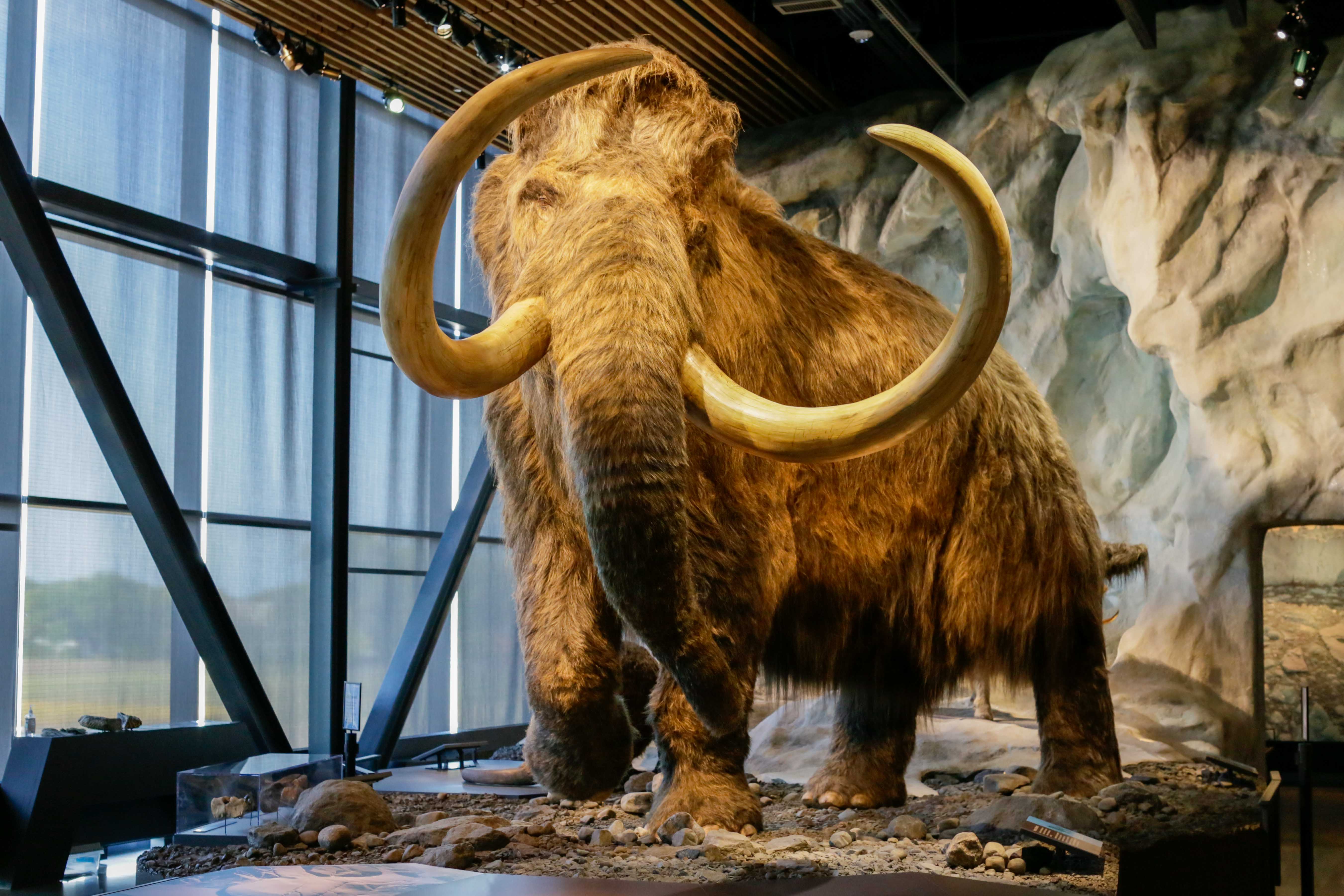
After day one of the workshop, a dinner reception was held at the University of Minnesota’s Bell Museum, providing a perfect backdrop for additional scientific discussions.
“These face-to-face events are for connecting researchers, providing feedback, and utilizing all the tools at the Midwest AViDD’s disposal to develop antiviral therapeutics,” Harris said.
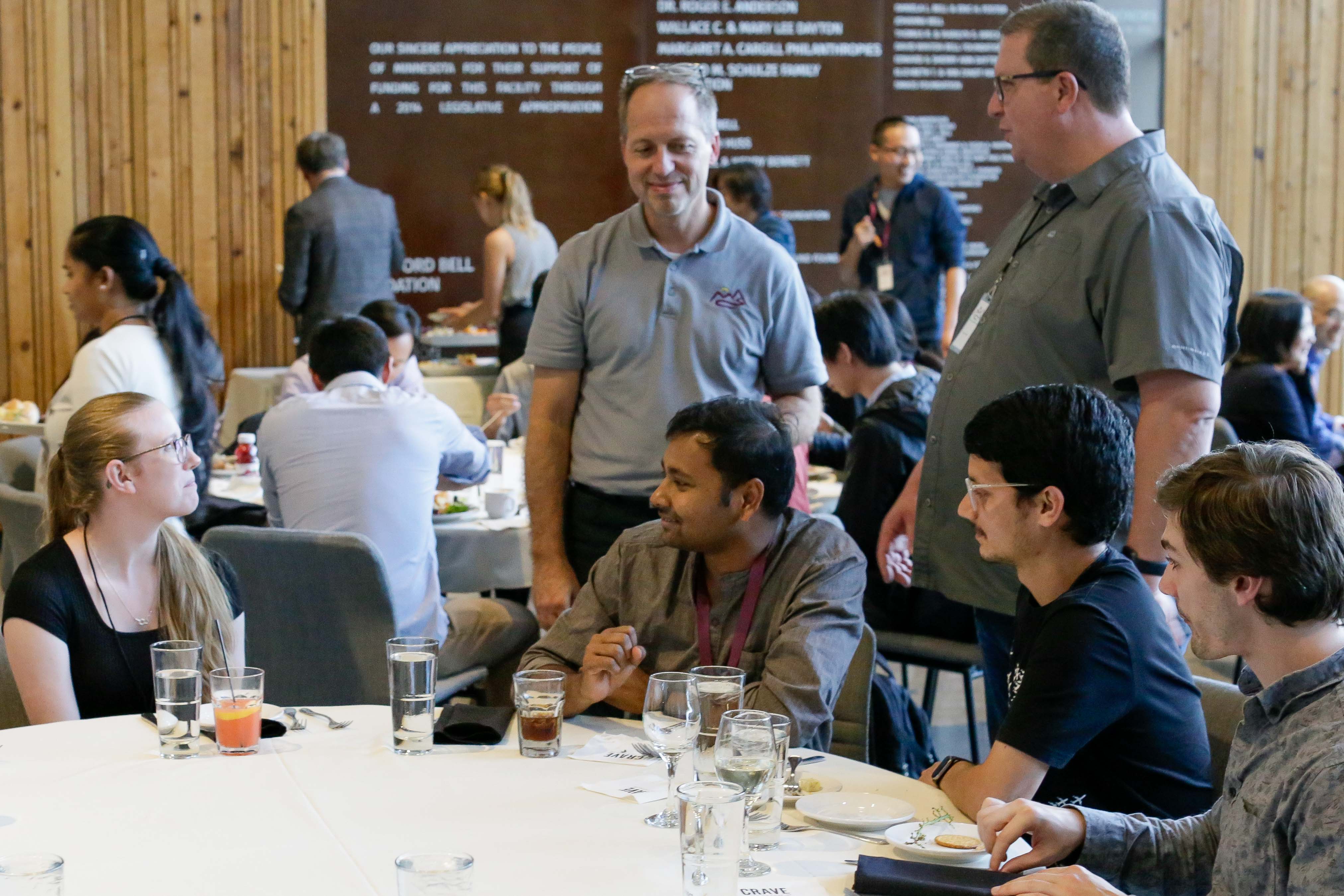
The next biannual workshop will be held at Baylor College of Medicine in Houston, Texas, in March 2024.
The Midwest AViDD Center is among the nine centers for the Pathogens of Pandemic Concern program funded by the National Institute of Allergy and Infectious Disease (NIAID). Headquartered at the University of Minnesota Medical School, the Midwest AViDD Center involves 16 world-class institutions across the United States, Italy, and Singapore.
